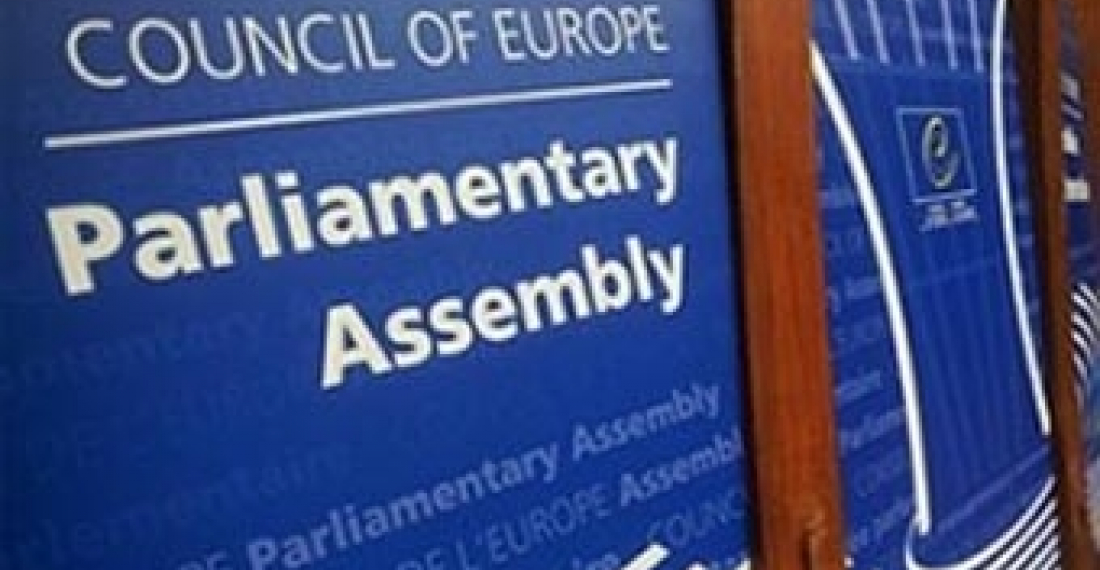PACE Standing Committee will meet in Tirana, Albania, on May 25. Among other issues, the Committee will discuss the parliamentary elections of May 6 in Armenia.
The issue is on agenda of the Committee. PACE Election Observation Mission to Armenia headed by Baroness Emma Nicholson will make a report at the meeting.
OSCE/ODIHR observers have already made an interim report wherein they say that May 6 parliamentary elections in Armenia featured a vibrant and largely peaceful campaign, with overall balanced media coverage, but pressure on voters and a deficient complaints process created an unequal playing field. "Our preliminary conclusions today and the final recommendations of the OSCE Office for Democratic Institutions and Human Rights, once they are published, should be taken as the goal to achieve in view of the upcoming presidential election," the interim report says.
A total of 647 international observers will be observing the parliamentary elections on May 6: 258 observers from OSCE/ODIHR, 37 from PACE, 22 from CIS Inter-Parliamentary Assembly, another 151 from the CIS Observation Mission, 3 people representing IFES, and another 20 - ICES. At least 12 observers will represent the European Parliament, 69 - the OSCE PA, and 16 - SILBA. In addition, 35 representatives of the foreign embassies in Armenia and 24 representatives of foreign CEC will observe the elections. The Armenian CEC has registered around 31,000 local observers.
PACE Standing Committee to discuss the Parliamentary elections in Armenia.
PACE Standing Committee to discuss the Parliamentary elections in Armenia.







